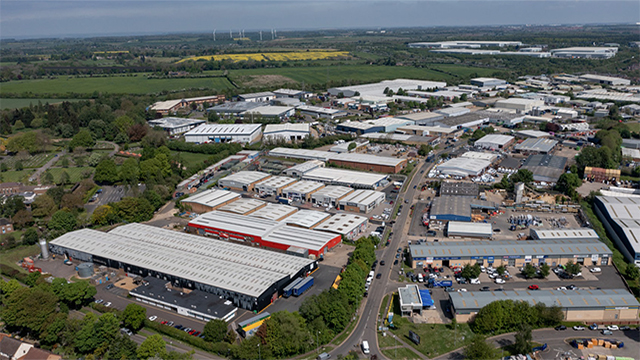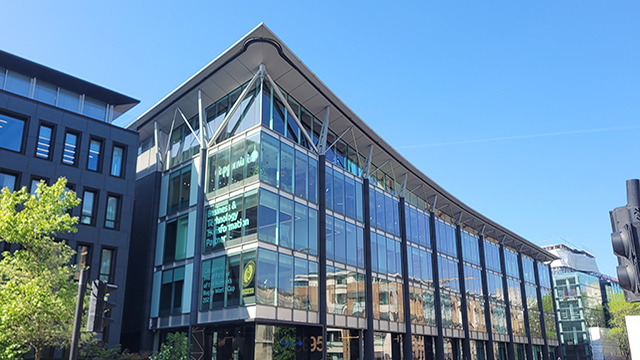‘Nothing’s changing’ at intu
COMMENT: Alan Carter, managing director and analyst at Stifel, shares his thoughts on intu’s latest full-year results.
The shares have been a sell for years. Nothing’s changing. Having recorded a circa 1% per month fall in capital values up to the end of Q3 2018, there has been no change in the pace of valuation decline up to the year-end, nor I suspect into Q1 2019.
As such, the overall annual valuation deficit was more than 13% and the NAV per share fell again, now down to 312p (2017: 411p). LTV has obviously continued to increase to a sector-leading 53%. Disturbing to say the least.
COMMENT: Alan Carter, managing director and analyst at Stifel, shares his thoughts on intu’s latest full-year results.
The shares have been a sell for years. Nothing’s changing. Having recorded a circa 1% per month fall in capital values up to the end of Q3 2018, there has been no change in the pace of valuation decline up to the year-end, nor I suspect into Q1 2019.
As such, the overall annual valuation deficit was more than 13% and the NAV per share fell again, now down to 312p (2017: 411p). LTV has obviously continued to increase to a sector-leading 53%. Disturbing to say the least.
Operationally, the business hasn’t fared too badly, but when an intu statement refers to “resilient” rather than “strong”, then the downgrade shouldn’t be underestimated. Like-for-like income actually rose by 0.6% after the negative impact of tenant failures of 1.9%, but the outlook has worsened and the group’s valuers have, at last, decreased their estimate of future rental values by 3.9%. The group is forecasting a decline in like-for-like rental income of 1-2% for the 2019 financial year.
With the retail investment market still flat on its back, valuers have assumed that investors will require a higher initial yield to be tempted. For intu, 4.36% has become 4.98%, which is still nowhere near enough in my view, by about 75bps, especially now that valuers are fessing up to falling rental values – a direction of travel that is most unlikely to reverse. Obviously, this is all to do with “negative sentiment”. I rather think it’s “staring-in-your-face” reality.
Dividend cancelled
The final dividend has been passed, which means that REIT rules on dividend payments have been broken, and while the group can remain a REIT, it is now subject to corporation tax going forward, estimated to be around £19m for the 2019 financial year.
Very helpfully, a table is provided in the statement showing the threat to loan covenants when, not if, values continue to decline. I think a further 20% at least is likely (5.75% net initial yield, and falling rental values make that inevitable to me), which would take LTV to more than 65% and produce a £43m covenant shortfall.
To address these potential issues, the group intends to make “smart use of capital”, try to sell assets that do not meet its “winning destination criteria”, and continue with its capex development programme of around £400m.
The only problem is that the group is effectively a forced seller, and the only assets that might attract interest are those that do match the winning destination criteria, and even then most likely well below book value.
The shares remain a sell – a view that I have propounded for years – and this looks more and more likely to end seriously. Hammerson (HMSO: sell) reports next Monday, and has yet to see any meaningful fall (-1.4% end H1) in its UK shopping centres.
I await with much interest its explanation as to why values haven’t fallen as much as intu’s, which they won’t, especially given that on an asset-by-asset basis, intu’s centres are in my view of better quality.
At least Hammerson had the foresight to abort its bid for intu last spring, but when you’re the UK’s leading retail REIT, such foresight is the least you’d expect.











